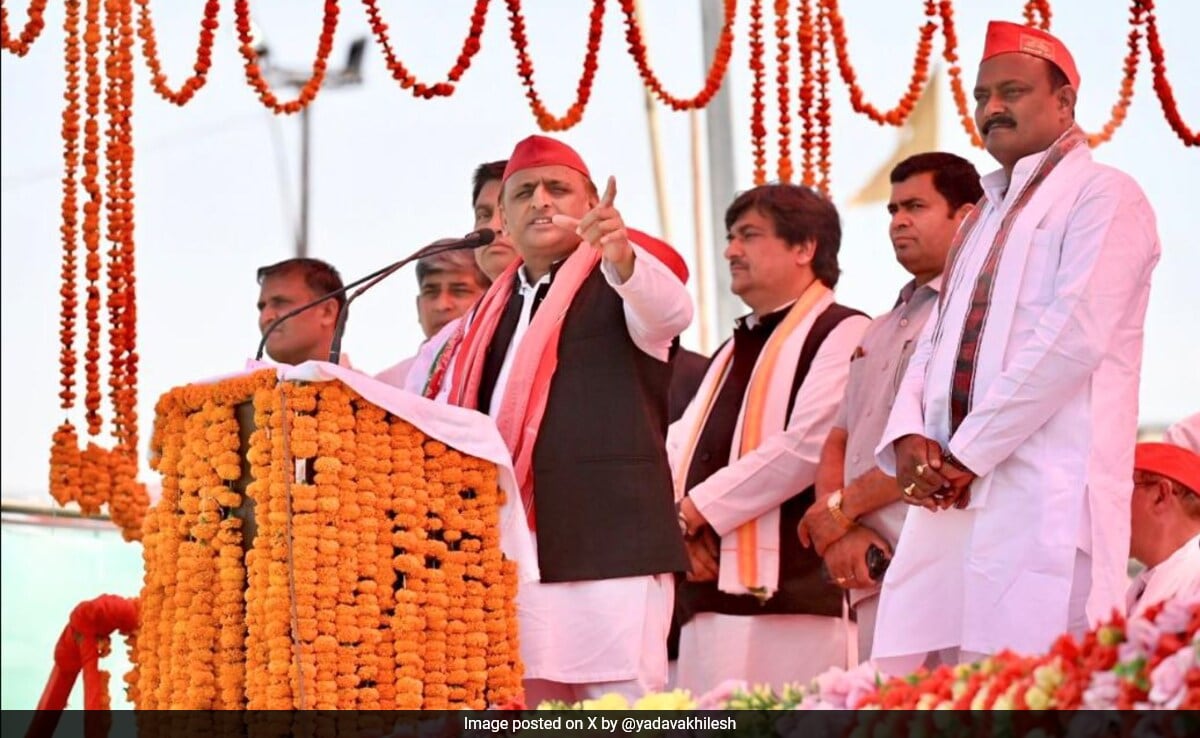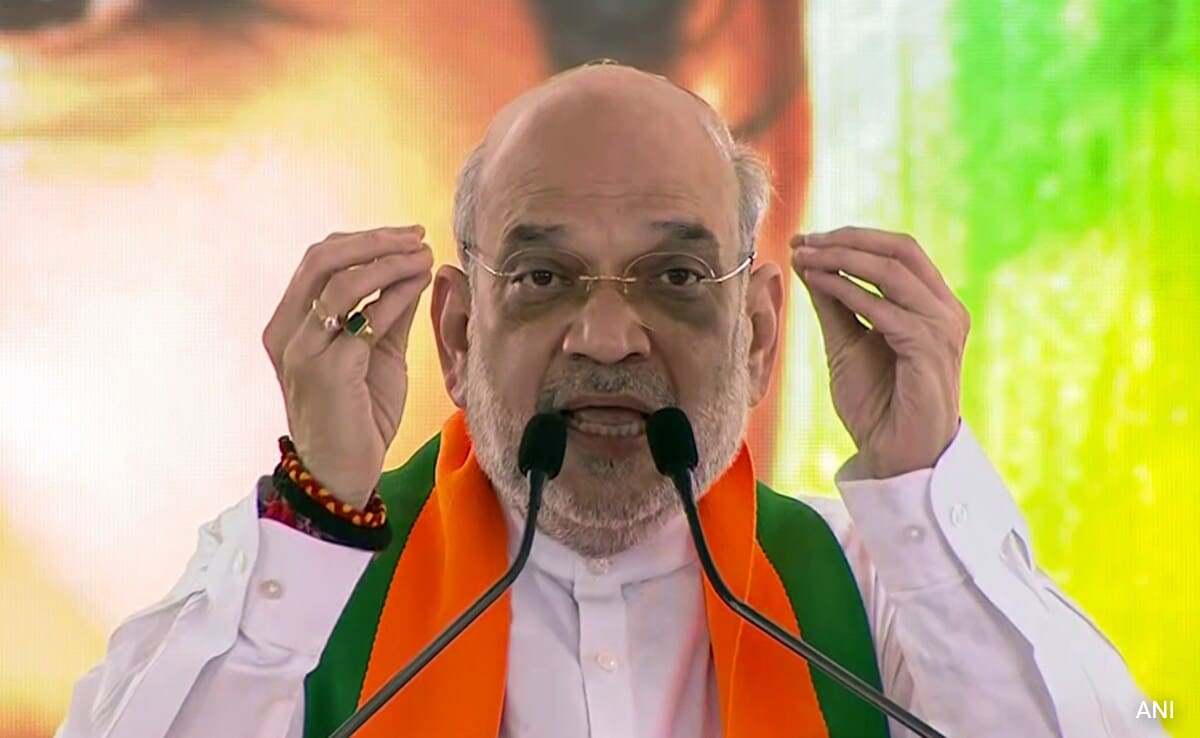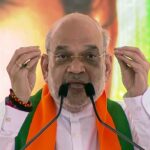Last updated: February 8, 2024 23:54 UTC
The Supreme Court, which is examining whether states can subdivide scheduled castes and scheduled tribes for granting quota within quota, said on Thursday that state governments cannot selectively provide reservation benefits to backward classes as it would lead to dangerous appeasement tendencies.
The Supreme Court is hearing a review of the 2004 EV Chinnaiah v. Andhra Pradesh judgment, delivered by a five-judge Constitution Bench, in which it was held that Scheduled Castes and Scheduled Tribes are homogeneous groups and therefore states cannot be further subdivided – They are classified and the poorer and weaker castes of these groups are given quota within quotas.
A seven-judge Constitution bench headed by Chief Justice DY Chandrachud said that while reservation benefits are granted to the most backward classes, the state cannot exclude others.
“If there are many backward classes, can the state single out just two? Those who have been excluded can always challenge their classification under Article 14 on the ground that we meet all the backwardness criteria. But the state can also counter that, saying We can divide castes according to the degree of backwardness. We can say that we have to give reservations to the most backward people.”
“But while giving benefits to the most backward groups, you cannot exclude others. This will become a dangerous tendency of appeasement. Some state governments will select some castes and other state governments will select another set of castes. The idea It is not for mass politics to play a role in it. We have to adjust it by setting standards,” said the bench comprising Justices BR Gavai, Vikram Nath, Bela M Trivedi, Pankaj Mithal, Manoj Misra and Satish Chandra Mishra. The court reserved its verdict after hearing submissions from the Centre, states and others and said the role of the state is to make reservations and remove social backwardness if it wants to remove the inequalities faced by the society. class, it can be done.
The report said subdividing the categories will help others from that caste come up, otherwise only one group will continue to benefit. Senior lawyer Manoj Swarup, appearing for one of the parties, referred to heterogeneity within castes.
The Supreme Court on Wednesday said sociological, economic, educational and social status of all Scheduled Castes and Scheduled Tribes may not be the same. “There is heterogeneity in terms of past occupation… Social status and other indicators may vary among different castes within the Scheduled Castes. Therefore, the degree of social and economic backwardness may vary from person to person or from caste to caste, “The judge said.
On Tuesday, the Supreme Court said it would review the validity of the 2004 judgment, which held that states have no power to further subdivide SCs and STs to award quotas. It made it clear that it would not get involved in the debate related to the quantitative data that led the Punjab government to provide 50 per cent of the existing quota.
The first of the 23 petitions was filed by the Punjab government challenging the 2010 judgment of the Punjab and Haryana High Court. The High Court struck down Section 4(5) of the Punjab Scheduled Castes and Backward Classes (Service Reservation) Act, 2006, which provided for 50% quota and gave priority to ‘Valmiki’ and ‘Mazhabi Sikh’ castes in SC quota Engage in public work.
It held that the provision was unconstitutional as it violated the Supreme Court’s 2004 judgment in the Chinnaiah case. The Chinnaiah judgment held that any “subdivision” of the SC would violate Article 14 (right to equality) of the Constitution.
The 2004 judgment stated that only Parliament and not state legislatures can exclude castes deemed to be castes from the presidential list under Article 341 of the Constitution. The Supreme Court is examining the issue of whether sub-classification within SC and ST categories like Other Backward Classes (OBC) can be allowed and whether Parliament has the ability to make a law empowering states to do so.
Challenging the High Court judgment, the Punjab government moved the Supreme Court in 2011, claiming that the Supreme Court’s 2004 judgment did not apply to it. On August 27, 2020, a five-judge bench headed by Justice Arun Mishra (retd.), considering the plea of the Punjab government, came up with a dissenting opinion in the Chinnaiah case, and refer it to a larger bench of seven or more judges for an authoritative ruling. statement.
In the higher education institutions funded by the Centre, 22.5% of the available seats are reserved for enrolled students and 7.5% for enrolled students. The same standards apply to public employment.
In Punjab and Haryana, there is no ST population.
(This story has not been edited by News18 staff and is published from associated news agency – PTI)
Follow us on Google news ,Twitter , and Join Whatsapp Group of thelocalreport.in
















